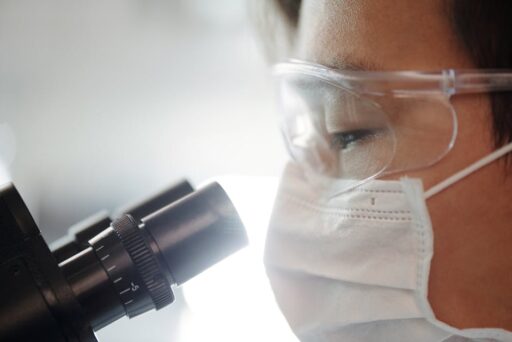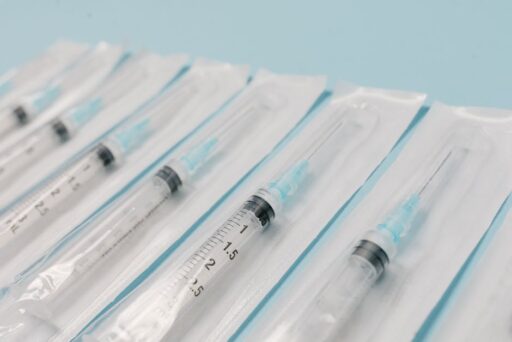COVID-19 Vaccination: Guidance for Pregnant and Breastfeeding Individuals
In the midst of the COVID-19 pandemic, many individuals who are pregnant or breastfeeding are faced with challenging decisions regarding vaccination. It’s crucial to have accurate information to make informed choices, especially when it comes to the health of you and your child. Here, we address some of the common questions and concerns about COVID-19 vaccines for pregnant and breastfeeding individuals.
Understanding Vaccine Development
The rapid development of COVID-19 vaccines may seem surprising, but it is the result of decades of medical research. The mRNA technology used in Pfizer and Moderna vaccines, while new to vaccines, has been utilized in other scientific studies for years. Collaborative global efforts and early access to the virus’s genetic information significantly expedited vaccine development without compromising safety standards. As Dr. Anthony Fauci and other experts have emphasized, the vaccine approval process has remained transparent and independent.
Addressing Fertility Concerns
Concerns about the vaccine affecting fertility stem from misinformation. The vaccine’s mechanism is designed to target the coronavirus, not any aspect of human fertility or pregnancy. Notably, during vaccine trials, several participants became pregnant without adverse outcomes related to the vaccine.
Guidance from Health Authorities
Leading health organizations, including the American College of Obstetricians and Gynecologists (ACOG), recommend that pregnant and breastfeeding individuals should not be excluded from receiving the vaccine if they meet the criteria. Historical data from similar vaccines suggests that mRNA vaccines pose no increased risk to pregnant individuals or their babies. It’s advisable to discuss any concerns with your healthcare provider to weigh the risks and benefits.
Vaccine Safety and Side Effects
The Centers for Disease Control and Prevention (CDC) and the Food and Drug Administration (FDA) report common side effects such as injection site pain, body aches, and mild fever, which typically resolve within a couple of days. Extensive data collection has not identified severe side effects like convulsions, as falsely claimed on social media.
Continued Precautions
Even after vaccination, it’s essential to continue following public health guidelines, including wearing masks and practicing social distancing. The vaccine strengthens your defense against the virus but does not grant complete immunity.
Reliable Information Sources
For accurate and reliable information, consult scientific resources such as the FDA, CDC, ACOG, Mayo Clinic, and other reputable institutions. MotherToBaby offers a dedicated webpage with resources for pregnant and breastfeeding individuals considering COVID-19 vaccination.
Participate in Research
MotherToBaby is conducting observational studies to collect data on the impact of COVID-19 on pregnant and breastfeeding individuals. Participation is voluntary and can be done from home.
Conclusion
Ultimately, deciding to receive the COVID-19 vaccine is personal. However, understanding the safety, efficacy, and the supportive stance of health authorities can provide reassurance. The goal of vaccination is to protect, not harm. If you choose to get vaccinated, do so with confidence and trust in the robust scientific processes that have made these vaccines available.
For more information, visit: MotherToBaby COVID-19 Resources





